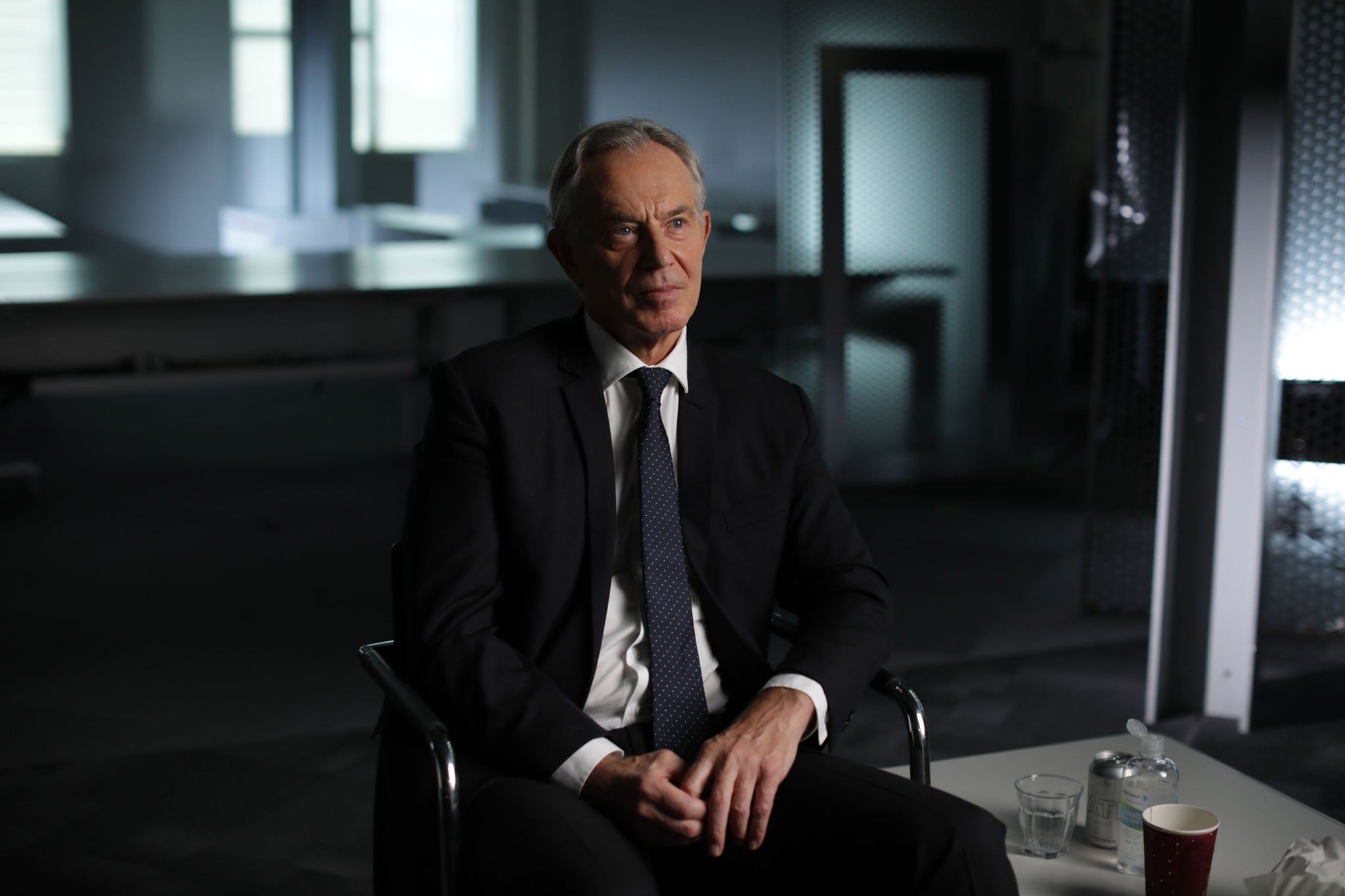After all these years, people still take sides on Blair and Brown
The new BBC series on the New Labour years has reignited old arguments, writes John Rentoul


The broadcast of Blair & Brown: The New Labour Revolution has caused a satisfying splash in the pond of politics. The first episode received good reviews and episode two is on BBC2 on Monday at 9pm, although all five episodes are on BBC iPlayer for the binge watchers.
Professor Jon Davis, Mary Ann Sieghart and I, who were consultants for the series, are pleased with its reception, but the real praise should go to Steve Condie, the producer, and his team. It was their interviews, archive research and editing that made the programme so good.
What most intrigued me about people’s responses to the series were the different reactions to the same material. Some thought it confirmed what they knew from The Deal, Peter Morgan’s fictional film about the Blair-Brown relationship, which portrayed Tony Blair as the lightweight show pony and Gordon Brown as the deep-thinking intellectual behemoth.
Others thought it showed Blair as the more impressive character, at ease with his claim to history and thoughtful about it, while Brown refused to come to terms with his subordinate status and give anyone else credit for the achievements of those years.
I tend to the second view, but I think it was a tribute to the filmmakers’ skill that, by allowing the interviewees and the archive material to speak for themselves, they allowed the viewer to make up their own mind – or to confirm what they thought at the time.
Much of the discussion prompted by the series has been about whether Blair should have got rid of Brown in 2001, the question to which Professor Davis and I return time and again in our course on the Blair years, run with Dr Michelle Clement at King’s College London. We discussed these questions in podcasts with Matt Forde and Iain Martin last week.
I suppose it is inevitable that the documentary would focus on the relationship between the two men, because that is the human drama that powers the story. But I am glad that it also gave space to the Northern Ireland settlement – an achievement that had eluded all Blair’s predecessors since Gladstone; to public service reform – saving the universities, London schools and the NHS; and to a factual account of the Iraq war – rebalancing the myth of the great deception.
There was a great deal more to the New Labour government than the unseemly squabble over the rights to the top job.
Yours,
John Rentoul
Chief political commentator



Join our commenting forum
Join thought-provoking conversations, follow other Independent readers and see their replies
Comments